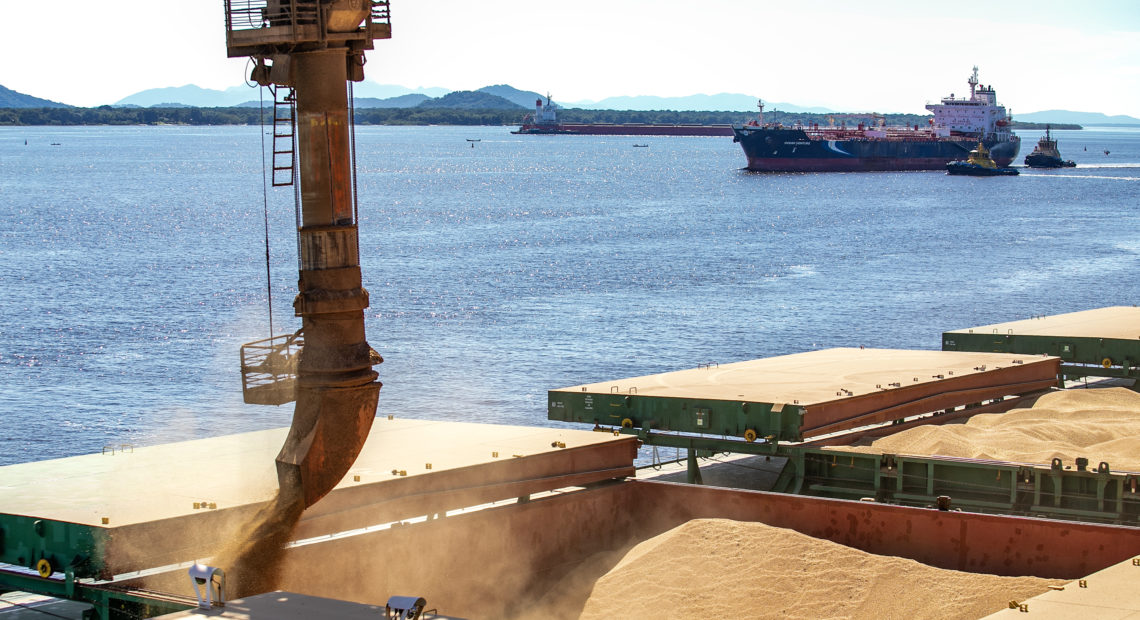Brazil – More Halal beef for Arab countries
28 Dec 2009
More Halal beef for Arab countries – Egypt, Libya and Algeria should
collaborate with the recovery of Brazilian bovine meat exports next
year, says Roberto Giannetti da Fonseca, president of the Beef Industry
and Exporters Association.
Arab
countries in North Africa, such as Egypt, Libya and Algeria, should
contribute to the recovery of Brazilian beef exports in 2010, said the
president of the Brazilian Beef Industry and Exporters Association
(Abiec), Roberto Giannetti da Fonseca, in an interview to ANBA, after a
press conference at the organization’s headquarters.
Fonseca
explains that exports to Egypt, one of the five leading buyers of
Brazilian beef, have decreased due to the crisis this year, but started
to recover in the second half. “I believe that in 2010 we are going to
export a similar or even slightly higher volume than in 2008, before
the crisis,” he said.
According to him, Libya and Algeria are also
important markets for Brazilian beef, of which the leading buyer,
Russia, imported 17% less in terms of volume and 39% less in terms of
value from January to November 2009, compared with the same period of
last year. “It is a very important region that Brazilian beef has
conquered, and we intend to keep it growing, because it is a market of
hundreds of millions of people, an important destination for Brazilian
beef, ” said Fonseca of the Arab countries in North Africa.
From
January to November this year, Egypt imported 12% more raw beef from
Brazil, volume-wise, whereas imports by Lebanon, in the Middle East,
have grown 32%. As for imports of processed beef, Jordan had the most
significant growth of all countries: 76% in volume and 78% in value.
Overall, revenues from exports have decreased by 25%, totalling US$ 3.7
billion, and export volume saw a 12% reduction, totalling 1.1 million
tonnes.
During the press conference, Fonseca stated that beef
exports are in a moment of recovery. He claimed that the industry’s
profitability will be higher in 2010. “We are certain that the crisis
has passed.” For next year, Fonseca says that he is expecting beef
exports to grow by 10% in volume and from 10% to 20% in value.
With
regard to meat production in Brazil, the ABIEC president informed that
in five or six years, there needs to be an increase from the current 9
million tonnes to approximately 14 million tonnes in order for the
country to be able to meet its domestic and foreign demands. Presently,
2 million tonnes of beef produced in the country are exported.
Another
point touched on by Fonseca was the law that mandates traceability of
Brazilian cattle. Passed in November this year, it forces breeders to
adopt sustainable practices, as well as sanitary measures to prevent
livestock from being bred in deforestation areas, for instance.
To
Fonseca, the adoption of the law should differentiate between legal
breeders and illegal ones. “Those who wish to be on the international
market and work with Abiec members are going to have to meet our
demands [for cattle traceability],” he said. “We need to have modern,
sustainable, productive cattle breeding.”



